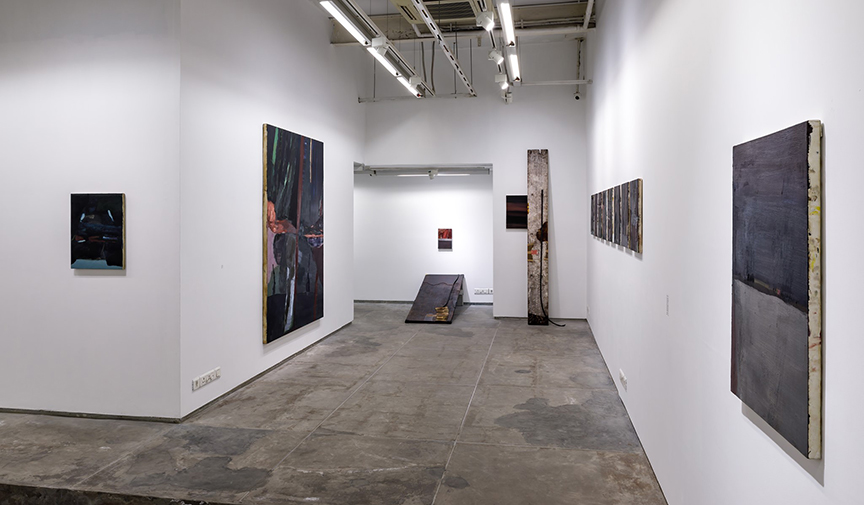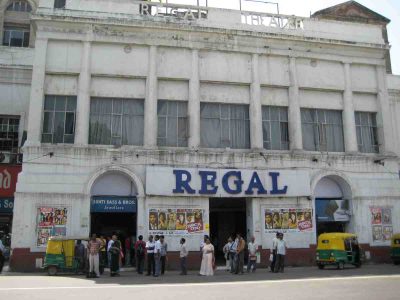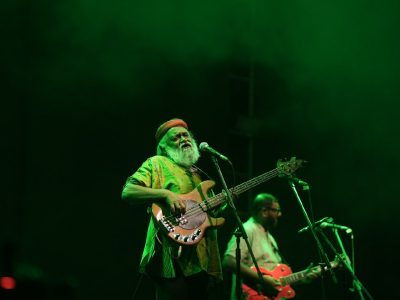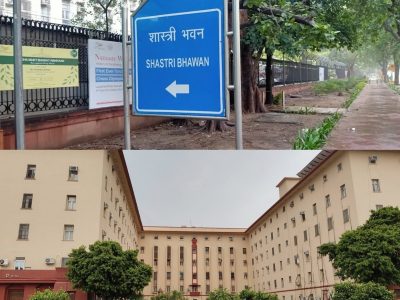In an attempt to help artists amid the global pandemic, galleries and art foundations are devising new ways to raise funds and provide grants
Cancelled or postponed indefinitely – words that are now predominating our daily parlance, as artists look at an uncertain future. Staying at home, artists especially beginners are having a tough time to indulging their passion while keeping the kitchen fires burning.
In an attempt to get them through this testing time, galleries and art foundations are devising new ways to raise funds and provide grants.
“Extraordinary times call for new thinking”, reads a social media post of a Kolkata-based gallery ‘Experimenter’. This new thinking has led to the creation of ‘Generator’, a co-operative art production fund. The fund aims to award several production bursaries of varying amounts through the year towards the realisation of artists’ projects and will be exclusively for artists not represented by Experimenter.
The idea of creating a cooperative fund has been in the minds of the directors of the gallery for the past four years at least. They discussed it at length with their close friend and artist Bani Abidi from Berlin, who is a firm believer of decentralisation and equitable distribution. They wished to start a cooperative fund between artists, galleries and collectors which could be used to help artists all over the world.
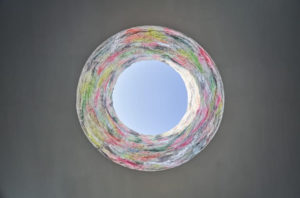
Finally the recent restrictions and lockdowns made them realise “the urgency of such a fund and to take a good look at our role in the larger community beyond our own artists and our responsibility towards the arts. Artists who have little or no representation, who cannot fall back upon their galleries to support them, will reduce making work, spend less on materials and may move on to other available opportunities to sustain themselves. Some young artists may actually never return to making work again. As a result of which projects that have partially taken shape or have not yet started, may never see the light of day. And we find that to be a bigger blow to the community,” says Prateek Raja, director of the gallery.
Quite simply, the fund is open to all visual artists, irrespective of medium of practice, age and region.
An artist can receive one bursary a year and the grant amounts awarded ranges between $500–2,000 (Rs 38,000–1,53,000).
Explaining that it is different from regular fund-raising activities, Raja says, “It aims to be a bridge between artists and contributors and does not aim to be an agent that funds the production directly. The bridge also is meant to fill small need-gaps for artists and so the Generator funds are multiple micro-bursaries that can be made available to artists to help them continue to work. Once we know the project, we simply put the artist and the contributor together and the required amount is directly transferred into the artist’s account.”
Like Generator, London-based Bagri Foundation had also launched an open call till 17 April for an online commissioning series, in response to the current crisis. Aptly titled ‘At Home in the World’, the art foundation had invited artists, writers, musicians, curators, filmmakers, researchers and academics to submit proposals to be one of five new online public commissions that will be presented across its online platforms.
“At a time when postponements and cancellations are taking place across the world, now is the best time to reallocate funds for a project that ensures Asian artists can continue to make work from home. Since we cannot currently travel to see art, this project explores the myriad ways that creative practitioners can engage with the digital,” reads the note.
The Foundation reaches out to participants with the following brief: “How do we cope, connect and continue to create? How can we explore new ways of thinking about survival, care and solidarity? Perhaps you want to make a work that has nothing to do with this crisis. Perhaps you have always made work that explores subjects which have become ever more urgent.”
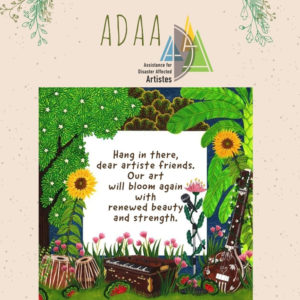
Closer home, Khoj International Artists’ Association has also come up with ways to respond to the needs of the primary communities it serves.
Putting the spotlight on young artists and supporting art practice at a time which poses unprecedented challenges, they have launched the Khoj Support Grant 2020 for early-career artists and creative practitioners.
To be provided once every two months, it will support the ongoing practice of 20 artists with a modest sum of Rs 25,000 each, starting from June. The aim is to help artists stay engaged with their practice and support themselves in the process.
Apart from these projects, noted independent artists from across the country had also come together for a crowdfunding campaign.
Musician Aneesh Pradhan, cultural practitioner Arundhati Ghosh and Sameera Iyengar, producer Mona Irani, actor Rahul Vohra and musician Shubha Mudgal have come together to raise Rs 35 lakh through a campaign titled ADAA (Assistance for Disaster Affected Artistes).
The idea was to provide over 100 families of artistes and individuals working in the field of performing arts with a monthly assistance of Rs 5,000 for the next six months to cover costs of basic rations and provisions for their families starting from May. The beneficiaries were selected by arts organisations working at grassroots level across 10 states.
Surprisingly they have managed to raise more than they had aimed for. “We started ADAA with a lot of hope and some trepidation. Will we be able to raise the funds for 100 homes for six months? Well, we thought, let us try. And the moment we started the campaign, overwhelming kindness and spontaneous support of friends and strangers started pouring in and we ended up exceeding our target. Now we can support almost 150 homes for six months. We now close the campaign and will ensure the funds reach the beneficiaries,” shares Shubha Mugdal in her latest Instagram post.
(Cover image: Experimenter Gallery)

